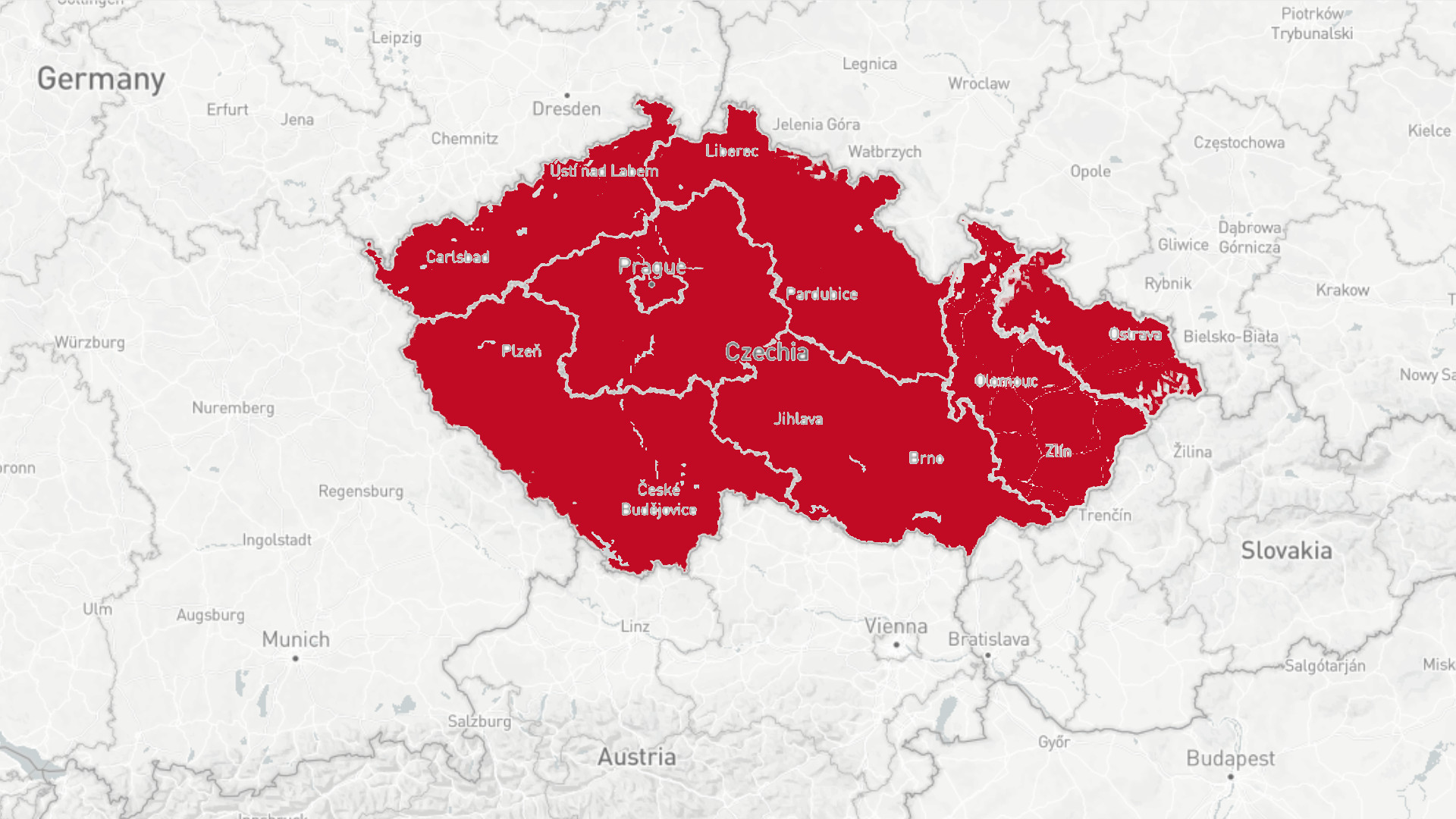Women have to prove themselves more
Journalist Suchandra Ghatak on equal rights in India, a changing society, and certain privileges associated with her Brahmin family origin.
People in European countries often have a stereotypical idea of the gender role of women in India. But is there even one specific gender role that applies to whole country?
No, it differs due to a person’s background, culture, and/or religion. There are people from numerous religious backgrounds. It also makes a difference whether you are from a metropolitan area or a village. India is a very multicultural country. It would be impossible to standardize the role of women in Indian society.
Yet surveys indicate the expectation of women staying home after marriage, as being still very common in Indian culture. Have you experienced this to be true?
Well, I come from a metropolitan city. The expectations are different here, for society has changed. Among my circle of female friends, every one of us has chosen to work. However, I do see many women giving up their jobs, for a variety of reasons. They are not forced, so to say, but have simply decided to spend more time with their families and in the home.
And outside the big cities?
In rural areas, it is accepted for women to get an education and enter the workplace. But salary is not the top priority. A woman’s primary duty is to take care of the family. If she is able to care for her family, while at the same time maintaining a paying job, then it is acceptable. Otherwise, it is preferred that women stay at home.
One could imagine that free childcare possibilities are important for mothers wanting to enter the workplace.
Of course, there are some workplaces that provide free kindergarten for children of employees. But India as a whole, doesn’t have the necessary governmental infrastructure of trained professionals who care for children during the day. Most childcare centres are found in urban, or semi urban settings. A woman simply will not find sufficient childcare possibilities in a rural area. If you do need childcare, it is extremely expensive.
First you need to earn more money. Is the gender pay gap a big issue?
In the unorganized sector, yes. The working class suffers significantly. The middle class doesn’t necessarily experience a pay gap based on gender identity. But, if you are a woman, you will find you have to prove yourself even more than a man, to gain the same recognition. Unfortunately, this is not specific to India. If you talk to women from any part of the world, I don’t expect it would be any different.
What do you mean by ‘women have to prove themselves more’?
A woman has to prove that she is “man enough to do the job”, which is the oddest thing. A man is not always “woman enough to do all of HIS jobs”. Perhaps women feel forced to be very outgoing, on time every day, even after taking care of the family and household. They are expected to be good-looking, and to the person who is brightening the office with politeness, and softness – which are said to be “typical feminine qualities”. In a nutshell, women feel the need to prove that family doesn’t hold them back from the responsibilities of the workplace.
In our last talk, you mentioned that you were one of the first women in the news section of a large media house in West Bengal, where you started working more than ten years ago. How is the situation now? Are there more female journalists throughout the country?
Over the years, the number of women in the media industry has increased. The situation looked very different, ten years back, although things are far from ideal. I’ve seen organisations suddenly bring women into leadership positions. As a result, an abrupt rise of women in top positions was seen all over the world. Unfortunately, many men see this as a threat, and feel it is not a woman’s place to be in such an important role.
What bothers you about this situation?
If I were suddenly appointed to be the leader of a particular branch of journalism, I would be happy to take the position- but for the right reasons. If I were chosen simply because I am a woman, I would have a problem with that. I have spent so many years working hard in my profession. To suddenly be promoted, based on my gender identity, and not the years of hard work, seems unjust.
Apart from your work life – did you feel like your family treated you differently?
In educated families, where I come from, women don’t often feel deprived. At least I cannot recall my brother ever receiving something more than I did. It is often the case that a female child may even get a bit more attention, and protection than a male child. Even as a grown up, the elderly male member of the family will try to protect the female from regular daily responsibilities. Seen in this light, some women experience greater comfort – but then what?
Sounds like paternalism.
I do not find this behaviour respectful. In my opinion, it can also be seen as discrimination. I don’t necessarily want extra preferences, as much as simply wanting to be treated as an equal. Feminism, as a movement, began demanding for equal pay, and demanding equality in all ways of life. I’m not looking for any extra privileges. I have never personally experienced not getting a job because of my sex, but I come from a very privileged background. I am very aware that it is not the case with countless other women.
Would a women’s quota be a suitable tool for more equality for others?
A quota does not decide upon the individual, but on a large section of the community. Not many people are as privileged as I am. Hopefully, all citizens can benefit from the quota, and as a result, end up with a better job.




















